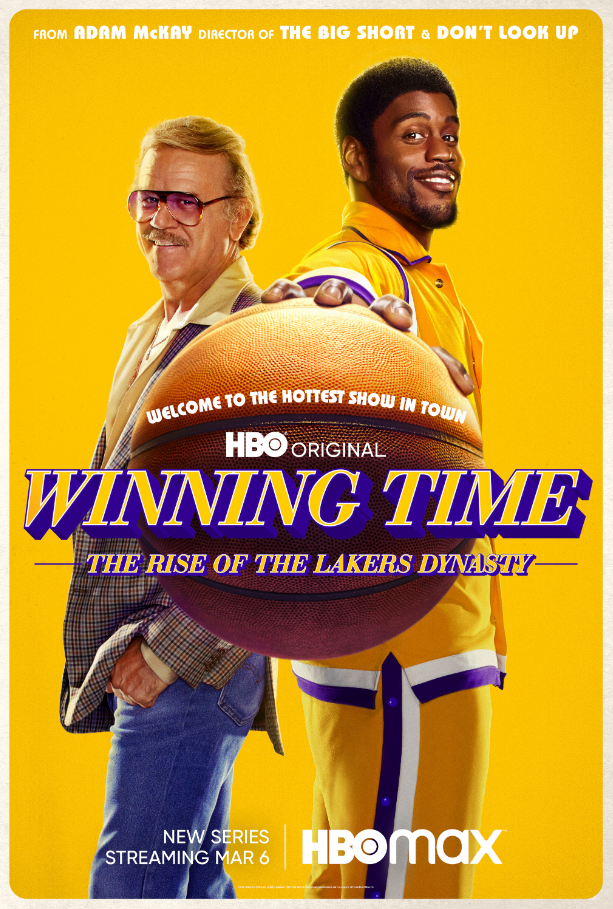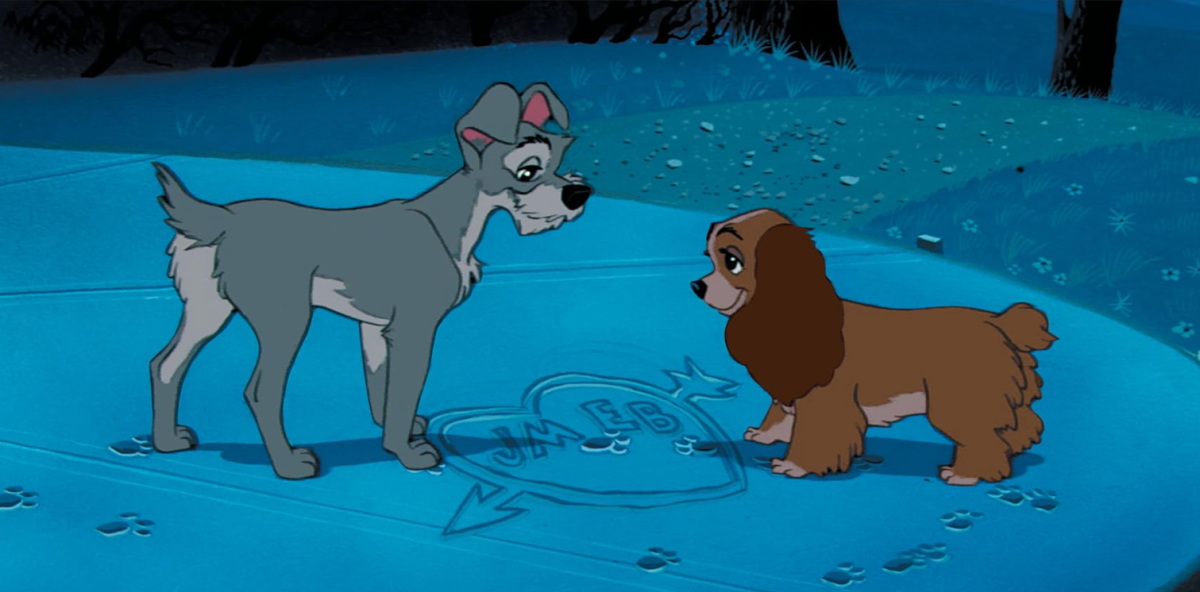HBO’s new show “Winning Time: The Rise of the Lakers Dynasty” endured a surprising amount of controversy during its first season. The controversy stemmed from the show taking liberty with what actually happened and the way some of the characters are portrayed. Overall, the show had a good first season with room to improve in future seasons in regards to pacing, some of the acting performances, and historical accuracy.
“Winning Time” dramatizes the Los Angeles Lakers’ 1979-80 season with an emphasis on Hall of Fame point guard Magic Johnson and team owner Jerry Buss, played by Quincy Isaiah and John C. Reilly respectively. Presumably, future seasons will each follow a season in the Lakers’ Showtime era.
The show is produced by famed director Adam McKay, known for films such as “The Big Short” and “Anchorman: The Legend of Ron Burgundy.” He also is the current producer of HBO’s award-winning show “Succession.” One of the main reasons I was interested in the show in the first place, apart from being a fan of the NBA and its history, was trusting the people behind the show.
The show’s cast is absolutely loaded. In addition to Reilly playing as Buss, Sally Field plays as Buss’ mother, Academy Award winner Adrien Brody as the iconic Pat Riley, Jason Clarke as “The Logo” Jerry West, Gaby Hoffman portrays Claire Rothman and Jason Segel plays Shakespeare super-fan Paul Westhead. I never imagined seeing an NBA coach motivate his team by reciting Shakespeare, but it happens more than once.
The two worst depictions in the show are West and Larry Bird. West has some great moments, but there are too many times where he is portrayed as unstable and having a bad temper. West himself has taken issue with the performance, and has shown a willingness to take the issue to the Supreme Court. Clarke’s performance was at its worst in the early part of the season and improved as time went on.
This gradual refinement culminated in a scene toward the end of the season in which West and Johnson spoke about how important winning is to each of them.
The most underwhelming performance was Sean Patrick Small’s portrayal of Bird. The show’s portrayal comes off more as an SNL skit of Bird rather than a true depiction. There should have been a bigger emphasis on developing Bird and Magic’s rivalry, and hopefully the show will develop Bird’s character more in future seasons.
In regards to some of the fictional parts of the show, such a decision had to be made for the show to be adapted for commercial television. The writers had to condense the season and playoffs into five or six episodes. In future seasons, hopefully the show does a better job of following the true events.
On a more positive note, Isaiah’s and Brody’s performances were surprisingly great, and Solomon Hughes realistically played Kareem Abdul-Jabbar as the cerebral and calm captain of the Lakers. Reilly’s charisma in his role of Buss is vital to the show, or it would lose all of its charm.
Harkening back to Isaiah’s performance, the way he is able to replicate Magic’s iconic persona is incredible and one of the best parts of the show. Specifically, what always stood out about Magic was the joyous way he seems to carry himself, and Isaiah replicates this almost perfectly.
The basketball scenes are also surprisingly not terrible, but the best parts of the show are the interactions off the court between basketball icons such as Magic, Buss, Red Auerbach, Riley, Abdul-Jabbar and West. Seeing two iconic basketball figures, Buss and Auerbach, talk trash to each other standing at the half court line of the Forum is incredible television.
The 1979-1980 era of the Lakers is really the perfect team to be adapted for television. The show is enjoyable for basketball fans, like myself, who already know the story, but the show also works good as a historical fiction adaptation because of its comedic and dramatic elements.










